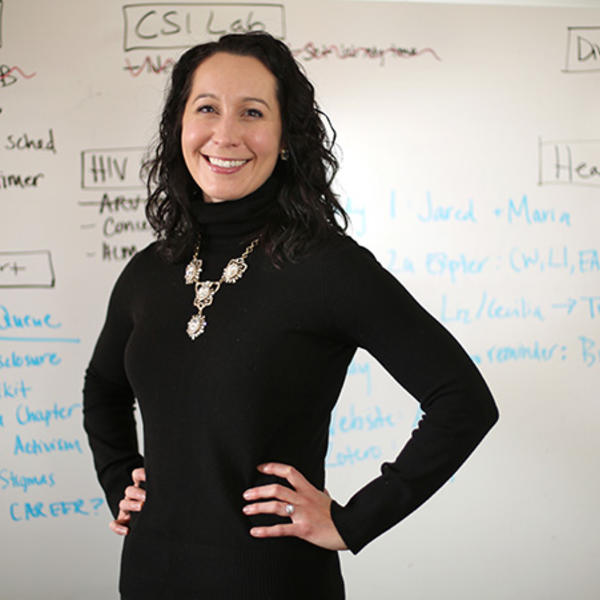Social exclusion has been shown to have a powerful impact on children, in some cases leading to self-doubt and anxiety, and even negatively affecting a child’s well-being and school performance. But what can parents do to help their kids build resilience when confronted with these types of stressful situations?
The Wall Street Journal turned to Stephenie Chaudoir, associate professor of psychology at College of the Holy Cross, to elucidate the issue. In a recent article, Chaudoir details the results of her 2017 research study which showed that persistent fears of rejection may inhibit the body’s physical ability to respond to stress in youngsters ages 8 to 17.
“Normally kids have a quick and robust response that returns to baseline pretty quickly. You need a little bit of adrenaline” to do your best, Chaudoir said. "That response was blunted in children high in rejection sensitivity."
Chaudoir’s body of research focuses on the psychological and physical ramifications of living with concealable stigmatized identities — socially devalued attributes that can be concealed from others — including mental illness, HIV/AIDS, and sexual minority status, among others.
Funded by a $181,000 grant from the National Science Foundation, Chaudoir continues to explore these topics, specifically looking at how the ways in which people talk about concealable stigmatized identities can impact their long-term health.
To read the full article, go to WSJ.com.
The Wall Street Journal Highlights Holy Cross Professor's Research on Kids' Response to Stress

Wall Street Journal
Read Time
1 Minute

